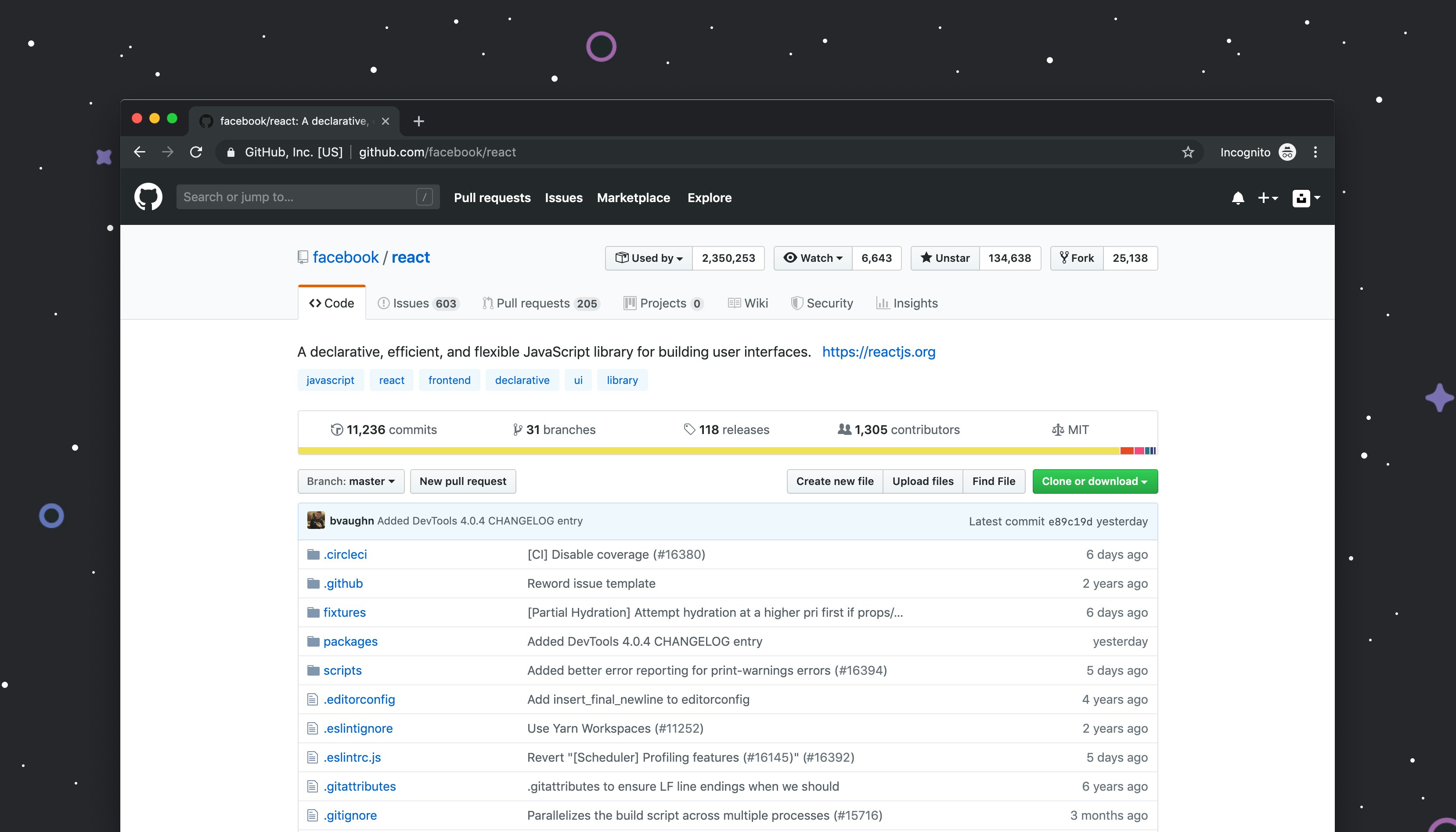How To Handle Sensitive Information Online
Summary
The best way to reduce your risk of identity theft is to protect your personal information. Knowing who you’re sharing information with, securely storing and disposing of your personal information, asking questions before sharing personal information, and using security features […]

The best way to reduce your risk of identity theft is to protect your personal information. Knowing who you’re sharing information with, securely storing and disposing of your personal information, asking questions before sharing personal information, and using security features on your electronic and mobile devices are all common sense.
As more people rely on the internet for professional, personal, social, and entertainment purposes, privacy is a growing concern. Inviting a virus or malware on your electronic device is as easy as opening a malicious link or attachment. A lot of personal information posted online is actually public, and sending information over an internet connection or email isn’t always secure.
Encrypt your data.

Always use a secure browser and encryption software that scrambles the information you send over the internet. Look for a lock icon on the status bar of your internet browser that indicates your personal or financial information is safe. Cloud storage platforms, such as Dropbox, allow users to choose to either send information in a folder or send a link to a folder or file to another recipient. Another option to securely send a file is to send an encrypted .zip file that requires a password to open. Should a hacker intercept the email with the .zip file, they would need the second email that contains the password to access the file.
Hosting a website requires an IP address space, but unfortunately, some IPv4 address blocks have bad reputations that land them on a blacklist. The best way for buyers of IPv4 blocks and sellers of IP address space is to skip IPv4 auctions and work with an IPv4 broker. The experts at IPv4 Brokers review and ensure that each IPv4 address space is clean and verified by the respective regional internet registry (RIR). Unlike auctions, the broker offers the most competitive, fixed prices on the IPv4 market. The broker helps you find the appropriate block size and will facilitate the transfer process of IPv4 addresses in the ARIN, RIPE, APNIC regions.
Don’t put your eggs in one basket.

It’s a good idea to break up messages containing personal information or send them through different services. It defeats the purpose of protecting your information when you send a single file that includes the password. The best way to send personal information is to share a file or folder on a service such as Dropbox, and then send the password via text.
A great way to keep personal photographs securely stored is to use an online photo storage device that keeps your memories backed up at home. Meet IBI gives you 1TB of storage that holds over 250,000 full-resolution photographs and 100+ hours of videos. Simply download the mobile app, and IBI will collect photos from social media, mobile devices, and cloud storage accounts such as iCloud, Google Photos, Google Drive, Shutterfly, Flickr, and Onedrive. With online photo storage, you can edit and organize your own photos, put your best images into an album, and securely send shareable links to your inner circle.
Don’t overshare on social media.

You may not realize just how much personal information you share about yourself on social media platforms. Oversharing online makes it easy for an identity thief to learn information about you that can be used to answer security challenge questions in an attempt to hack your accounts. Limit the number of people who have access to your networking social media profiles, and never post your full name, contact information, address, or account numbers on public platforms.
Personal oversharing can make for memorable moments on reality TV, but with the effectiveness of gossip sources like TMZ, no reality star can keep their life private. The Real Housewives franchise is known for shocking on-screen antics and on and off-camera drama, as evidenced by the 5 real housewives that got arrested. The women from the cast of the Real Housewives of Beverly Hills, the Real Housewives of Atlanta, and the Real Housewives of New York are no strangers to mugshots, police warrants, public intoxication, and encounters with police officers. Information such as arrest and criminal records, phone numbers, and email addresses are considered public records that can be accessed by anyone. This shows that no matter how private a matter may be, it can very easily be made public.
The bottom line is to use common sense about what personal information you share, how you share, and with whom you share it. Always use encryption, don’t send all your sensitive information together at once, and avoid oversharing about yourself online.